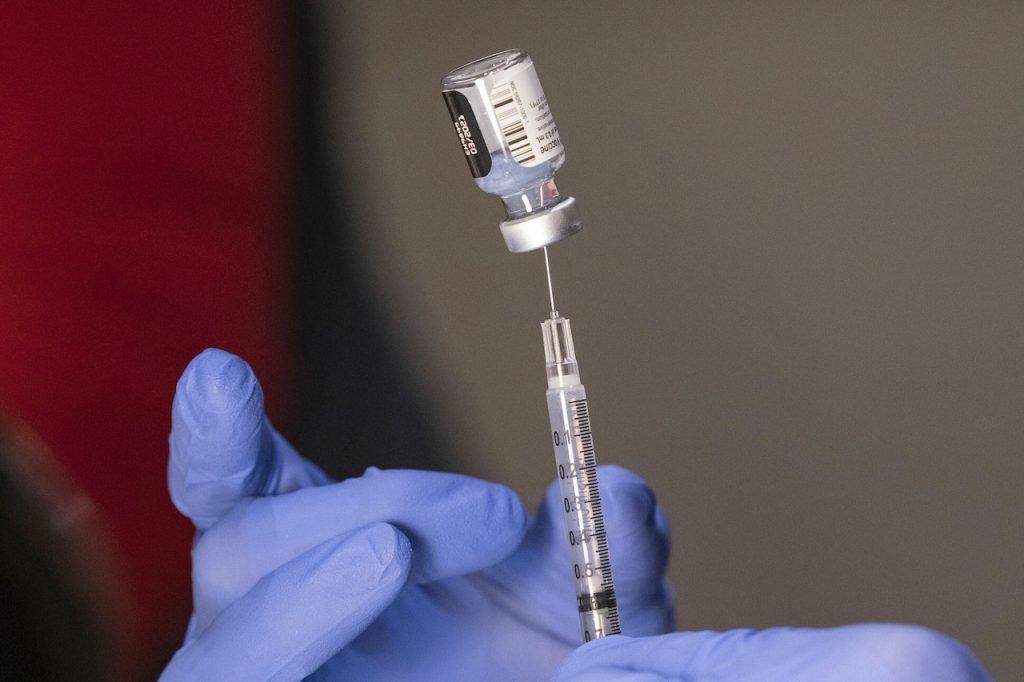Pfizer/BioNTech first dose 85% effective after 2-4 weeks, study shows
Israel has delivered a shot of the Pfizer/BioNTech vaccine to 4.23 million residents, or 47% of its nine million population, 2.85 million of whom have received the recommended full course of two jabs.
Just In
The first dose of the Pfizer/BioNTech vaccination is 85% effective against coronavirus infection between two and four weeks after inoculation, according to a study published in the Lancet medical journal.
The survey was carried out on healthcare workers at the largest hospital in Israel, which on Dec 19 launched a mass vaccination campaign regarded as the world’s fastest.
Israeli studies have found the vaccine developed by US pharma giant Pfizer and its German partner BioNTech to be 95% effective one week after a second jab, while the Lancet report focused on more than 9,000 medical staff at Sheba hospital near Tel Aviv.
Some 7,000 of them received the first dose and the rest were not inoculated.
From the group, 170 were diagnosed with Covid-19 after tests carried out only on those showing symptoms or who had been in contact with coronavirus carriers.
52% of them were found to have not been vaccinated.
Comparing the two groups, the Sheba study calculated that the vaccine was 47% effective between one and 14 days after inoculation, rising to 85% after 15 to 28 days.
“What we see is a really high effectiveness already right after two weeks, between two weeks to four weeks after vaccine, already high effectiveness of 85% reduction of symptomatic infection,” Gili Regev-Yochay, co-author of the study, told a small group of journalists.
He said that despite the vaccine being “amazingly effective”, scientists are still studying whether fully vaccinated people can transmit the virus to others.
“That is the big, big, question. We are working on it. This is not on this paper and I hope we will have some good news soon,” said Regev-Yochay.
Israel has delivered a shot of the Pfizer/BioNTech vaccine to 4.23 million residents, or 47% of its nine million population, 2.85 million of whom have received the recommended full course of two jabs, latest health ministry figures show.
Separately on Friday, Pfizer and BioNTech said their vaccine can stand warmer temperatures than initially thought, potentially simplifying the jab’s complex cold-chain logistics.
The companies said they have asked the US Food and Drug Administration to allow for the vaccine to be stored for up to two weeks at -25 to -15 degrees Celsius – temperatures commonly found in pharmaceutical freezers and refrigerators.
Under the existing guidelines, the Pfizer/BioNTech jab needs to be stored at a frigid -80 to -60 degrees Celsius until five days before use, a delicate process that requires special ultra-cold containers for shipping and dry ice for storage.
Subscribe to our newsletter
To be updated with all the latest news and analyses daily.
